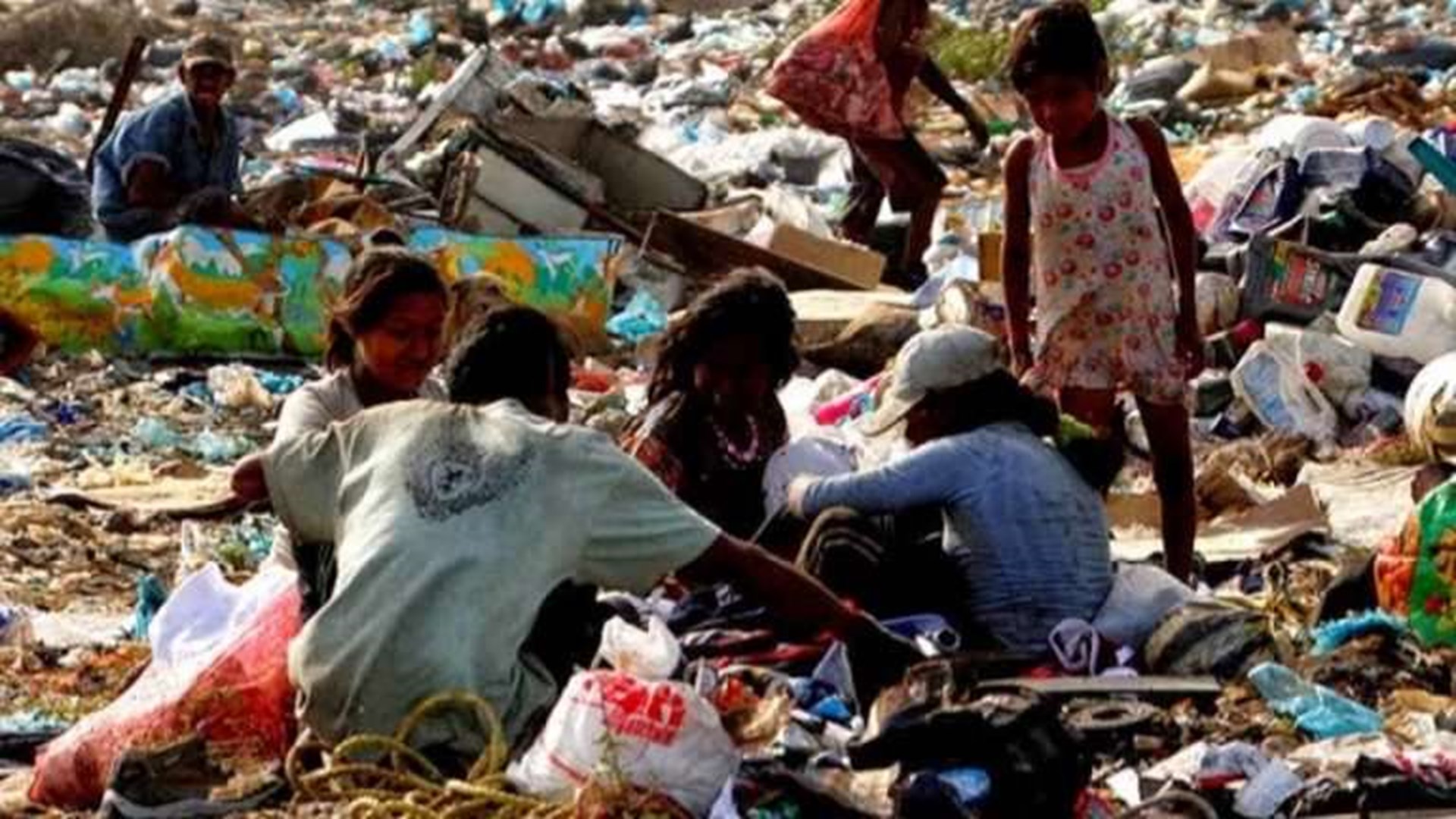By: Bjorn Lomborg – wsj.com – October 6, 2023
Well-off nations seem to have forgotten that while they’re no longer plagued by poverty-related ills such as hunger and illiteracy, most people in the world still are. Increasingly, the Biden administration and leaders of other high-income countries are putting climate policy ahead of these core development issues. When the World Bank and International Monetary Fund hold their annual meeting next week, an unholy alliance of green activists and climate-anxious politicians will push them to devote a plethora of new resources to climate change.
It’s easy to treat reducing carbon output as the world’s priority when your life is comfortable. Things can still be tough for people in high-income countries, but the 16% of the global population who live in those countries don’t routinely go hungry or see their children die. Most are well-educated, and the average income is in the range of what was once reserved for the pinnacle of society.
Much of the rest of the world, however, is still struggling. While conditions vary, across poorer countries five million children die each year before their fifth birthdays and almost a billion people don’t get enough to eat. More than two billion have to cook and keep warm with polluting fuels such as dung and wood, which shortens their lifespans. Although most young kids are in school, education is so dismal that most children in low- and lower-middle-income countries will remain functionally illiterate.
Opportunity is restricted in particular by a lack of the cheap and plentiful energy that allowed rich nations to develop. In Africa, electricity is so rare that total monthly consumption per person is often less than what a single refrigerator uses during that time. This absence of energy access hampers industrialization and growth. Case in point: The rich world on average has 530 tractors per 10,000 acres, while the impoverished parts of Africa have fewer than one.
Yet a new Group of 20 report urges the World Bank and other development organizations to push for an additional $3 trillion annual spending and direct most of it to climate policy. Almost as an afterthought, it suggests that a fraction of the money should go to everything else, such as schooling, health and food. It’s unlikely the world will raise anywhere close to $3 trillion. Unfortunately, experience indicates that much of what does get raised will go toward climate. Development funding is already being raided for climate spending.
While climate change is a real challenge, the data don’t support confronting it ahead of poverty-related ills. United Nations climate panel scenarios predict the world will dramatically improve over the next century. Climate change will merely slow that progress slightly. Hunger will fall dramatically over the coming decades, but with climate change it will decline a smidgen slower. Likewise, the panel expects global average income to increase 3½-fold by 2100 absent climate change. If climate change continues undeterred, William Nordhaus, the only climate economist to win the Nobel Prize, estimates that this would mean income would still rise by 3.34 times.
Climate activists try to paper over these realities by arguing that poverty and climate change are inextricably linked. Yet research repeatedly shows that spending on core development priorities would help much more and much fasterper dollar spent than putting funds toward climate. That is because real development investments can dramatically change lives for the better right now and make poorer countries more resilient against climate-related problems such as diseases and natural disasters. By contrast, even drastic emission reductions won’t deliver noticeably different outcomes for a generation or more.
Efforts to divert development aid to climate policy also smack of hypocrisy. Though rich nations refuse to fund fossil-fuel-related projects abroad—either directly or through international financial institutions—high-income countries still get almost 80% of their energy from fossil fuels. This is in large part because solar and wind power remain intermittent. To make them reliable is expensive, as they require massive backup from batteries or fossil fuels. That makes the argument for foisting them on poorer countries even weaker. Without access to cheap, consistent energy, it is likely impossible for such nations to rise to a developed economy’s quality of life.
It’s no wonder then that the World Bank’s own polling shows that climate ranks far down the priority list of people living in poorer countries. Another large 2021 survey of leaders in low- and middle-income countries similarly found education, employment, peace and health at the top of development priorities, with climate coming 12th out of 16 issues.
Instead of forcing expensive, unreliable renewables on poorer countries—let alone sacrificing more-meaningful aid to do so—those concerned with climate change should invest intelligently in long-term research that promotes affordable and reliable green-energy innovations.
The majority of the world population that still lives in poverty deserves a shot at a better life. We should all stand up for that right, but especially developmental institutions. Their job is to speak for the world’s poorest—not the political hobbyhorses of elites in Washington, London and Paris.
Advertisement – Scroll to Continue
Mr. Lomborg is president of the Copenhagen Consensus, a visiting fellow at Stanford University’s Hoover Institution and author of “Best Things First: The 12 Most Efficient Solutions for the World’s Poorest and our Global SDG Promises.”
To see this article in its entirety and to subscribe to others like it, please choose to read more.
Source: Will the World Bank Choose Climate Change Over Poverty? – WSJ
 Listen Online
Listen Online Watch Online
Watch Online Find a Station in Your Area
Find a Station in Your Area









 Listen Now
Listen Now Watch Online
Watch Online
